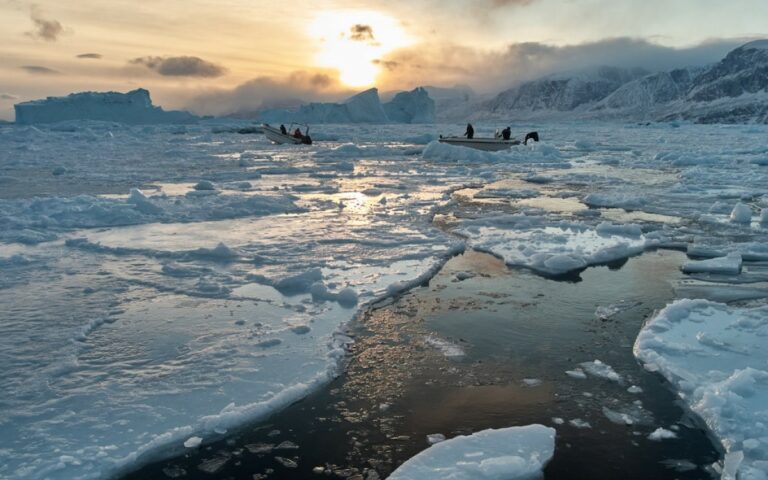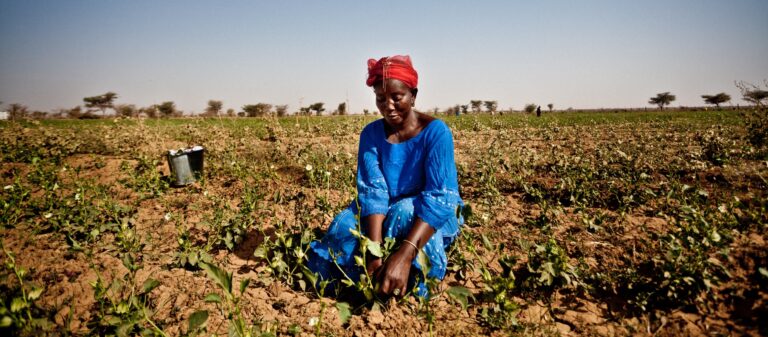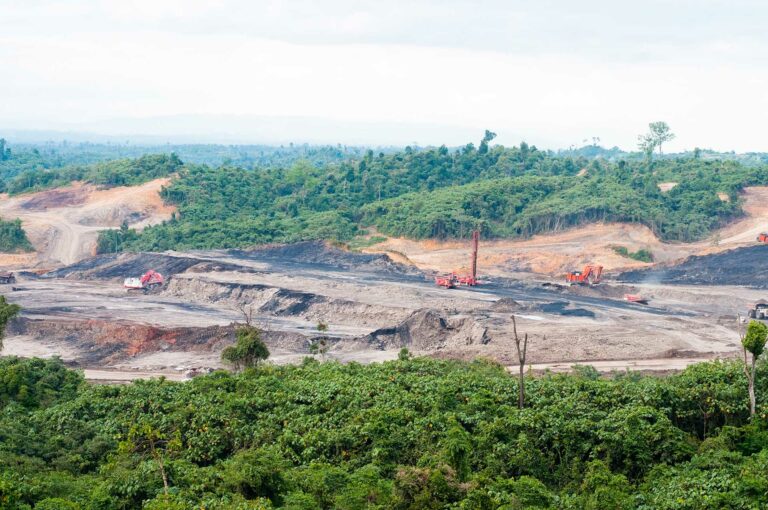Cultural destruction is a less well-recognized form of climate-induced loss and damage and...Read More
Carbon offsetting is a market-based system that aims to reduce greenhouse gas emissions by allowing countries, companies, or individuals to purchase carbon offset credits that finance climate mitigation projects, like reforestation efforts or renewable energy projects.
In order to be effective in reducing global greenhouse gas emissions, offset projects must be additional, permanent, and not have leakage.
Additionality requires that a mitigation project would not have occurred in the absence of a market for offset credits, otherwise the carbon offsets might not result in a net decrease in carbon emissions or increase in carbon sequestration.
Greenhouse gases can remain in the atmosphere for hundreds of years, so carbon offset projects must be as permanent as the emissions they are intended to neutralize. Forest-related carbon credits are increasingly a central component of global efforts to tackle the high-priority issue of protecting forests. Because forestry and land use carbon market projects are susceptible to changes in permanence, they are considered high-risk projects. For example, reforestation offset projects areas may be burned in a wildfire or logged in the future, thereby rendering the carbon offset only temporary and ineffective in actually reducing greenhouse gas emissions.
Leakage occurs when a carbon offset project displaces emissions to another location. For example, if protecting forests from cattle ranching in one region simply pushes the forest clearing for cattle to another region, the emissions reduction is cancelled out.
Forest-related carbon credits are increasingly a central component of global efforts to tackle the high-priority climate-change issue of protecting forests. In 2021, the LEAF Coalition—comprised of the US, UK, and Norwegian governments, and more than a dozen major corporations—announced $1 billion to purchase carbon credits from “tropical forest jurisdictions” for protecting forests. Proponents of forest credits contend that expanding forest credit markets will facilitate the massive transfer of money from corporations and governments to Global South countries and communities that is necessary to incentivize and compensate them for large-scale forest protection.
Critics argue that forest credit efforts to date have achieved few if any meaningful results or, worse, have been little more than greenwashing. A recent study found more than 90 percent of rainforest offset credits by the largest carbon standard, Verra, are not genuine emission reductions.
If not effective, the expansion of carbon offset projects has the potential to contribute to widespread greenwashing and exacerbate the climate crisis.
Historically, some carbon offset projects have contributed to human rights abuses. For example, the Alto Maipo hydroelectric project near Santiago, Chile, was registered as an offset project under the Kyoto Protocol’s Clean Development Mechanism, but has been linked with violations to Chileans’ rights to water, food, housing, livelihoods, and a healthy environment. In Kenya, more than a thousand hunter-gatherer Sengwer people were evicted from their customary lands as part of a carbon offset project that aimed to reduce emissions from deforestation.
In order to prevent carbon offset projects from harming local communities, projects should have robust public participation, accessible grievance mechanisms, and robust environmental and human rights safeguards, including Free Prior and Informed Consent (FPIC) of Indigenous Peoples.
A community scout ranger in Ukunda, Kenya, stands in a mangrove forest restored by Mikoko Pamoja, a small scale carbon offset facility. Unfortunately, many carbon offset programs are not effective, but rather “greenwashing” opportunities for corporate emitters.
Photo Credit: A community scout ranger in Ukunda, Kenya, stands in a mangrove forest restored by Mikoko Pamoja, a small scale carbon offset facility. Unfortunately, many carbon offset programs are not effective, but rather “greenwashing” opportunities for corporate emitters. Anthony Ochieng / Climate Visuals Countdown (Creative Commons).
More reading...
Regional courts, such as the Inter-American Court on Human Rights (IACtHR), and European...Read More
The Green Climate Fund (GCF) is a multilaterally-funded financial mechanism created in 2010...Read More
Ocean acidification is a symptom of humanity’s dangerous addiction to fossil fuels.
As governments and companies are transitioning from fossil fuels to renewable energy, minerals...Read More






